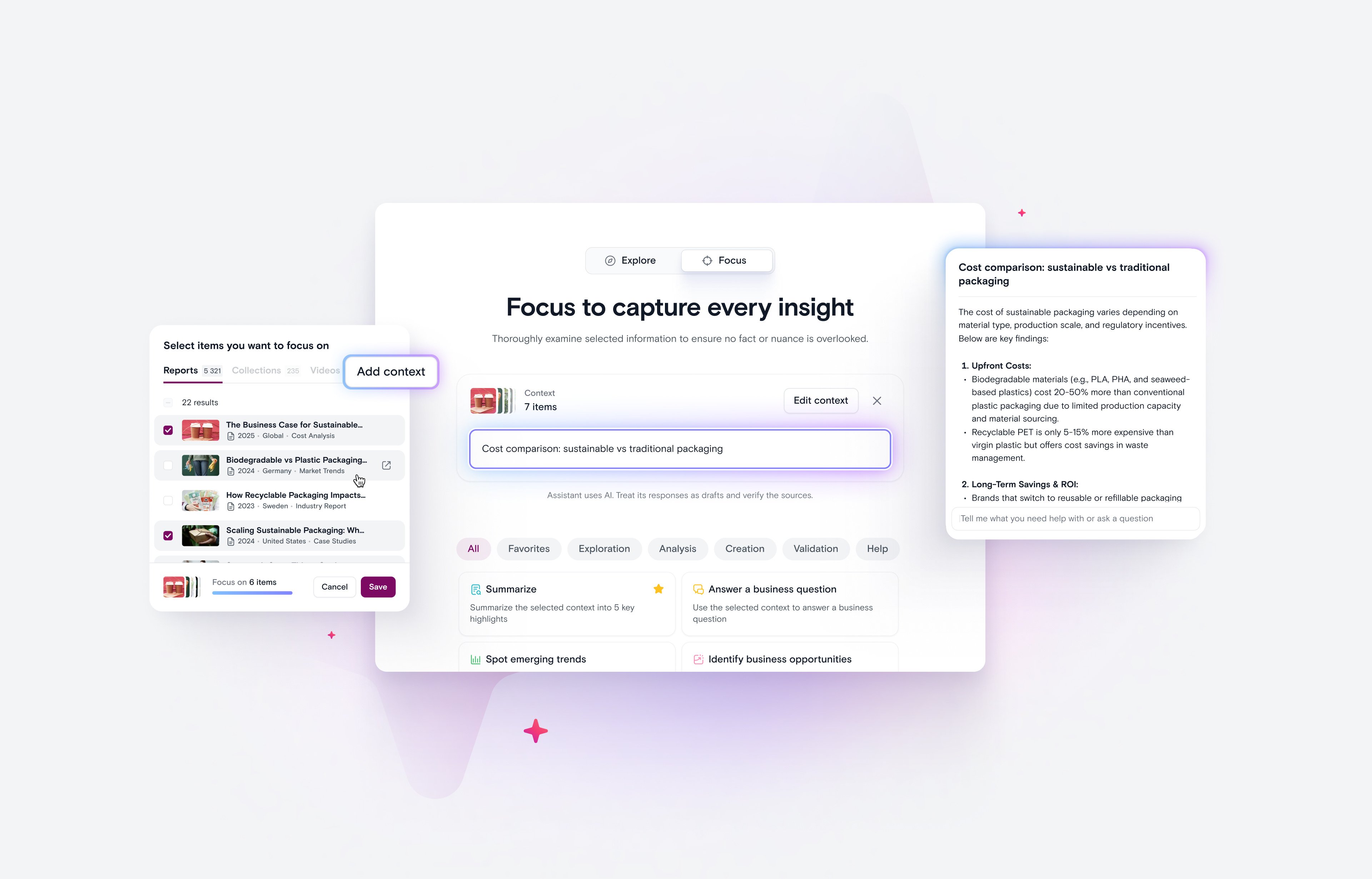3 Ways to Boost Knowledge Sharing When Working Remotely

When faced with disruption on a global scale and consequently in our daily lives, we’re forced to re-examine the habits and routines that we’d held before.
We recently discussed the importance of human-centric technology, and with continuation of remote work for many of us, it’s become increasingly clear how important it is to have technology that makes our ‘office’ lives easier.
In fact, research from Bain & Company found that most companies have experienced a negative impact on their productivity in the last year. But, they also found that companies who were productive and collaborating effectively prior to the pandemic have remained so–despite the myriad of disruption the past year created.
How have they done this? By taking advantage of new technologies that help them stay connected with customers and coworkers no matter where they are. In contrast, the research found that most companies have seen a net reduction in productivity, due to inefficient collaboration, wasteful ways of working, and an overall decline in employee engagement.
An excellent way to combat these challenges is by focusing on improving knowledge sharing practices. While working in an office allowed us to benefit from indirect knowledge sharing, the remote set-up has exposed those areas of weakness. And this becomes particularly troublesome when external circumstances are changing quickly.
That’s why it’s essential to make sure that team members across business units have access to the right information, when they need it, wherever they are.
Here are 3 ways to boost knowledge sharing when working remotely (or within any global organization).
1. Say yes to asynchronous communications
One of the key benefits of working remotely is the flexibility it allows. By embracing this change and introducing asynchronous forms of communication (rather than relying solely on real time channels), it’s possible to offset some of the challenges of remote work, and maybe even increase creativity in a way that you hadn’t been able to before.
Asynchronous communication is especially helpful when sharing knowledge that takes more focus to read and process. Since it helps to create periods of minimal distraction, it’s easier to consume, retain, and iterate off of the information being shared.
2. Have more meaningful and impactful conversations
In order for asynchronous communications to work, there needs to be quick, independent access to information. Otherwise, you end up wasting time waiting to hear back from someone.
What’s more, quick access can help to improve the quality of communication and collaboration. Instead of starting the conversation off with “Do you know where I can find that file about X?”, you can go straight to “I’ve read that file about X, and here’s what I think we should do. What do you think?”.
Not only does this make your collaboration more meaningful, but it can help make it more time-efficient too. A double win.
3. Choose user-friendly tools that require no training
Lastly, it’s vital that the tools you choose to support your remote knowledge sharing are easy to use. If the tools are too complicated, they are less likely to be used, which completely defeats their purpose and why you acquired them in the first place.
For organizations that don’t already have this essential technology in place, a tool that is user-friendly makes for a much smoother roll-out, particularly when extensive in-person training sessions are not an option.
Summary: In many ways, remote working has accentuated old problems. Companies should see this as an opportunity to seek out solutions that can boost productivity and collaboration from anywhere, setting themselves up for success during the pandemic and beyond.
Related Content

The Role of AI in Decision-Making: Smarter Insights or Faster Mistakes?
Thor Olof Philogène Apr 3, 2025

To Maximize the Value of Your Research, Start with Knowledge Management
Sarah Wiggins Mar 27, 2025

Stravito Enhances GenAI Assistant to Accelerate Time-to-Insight
Charlotte Hilton Mar 20, 2025